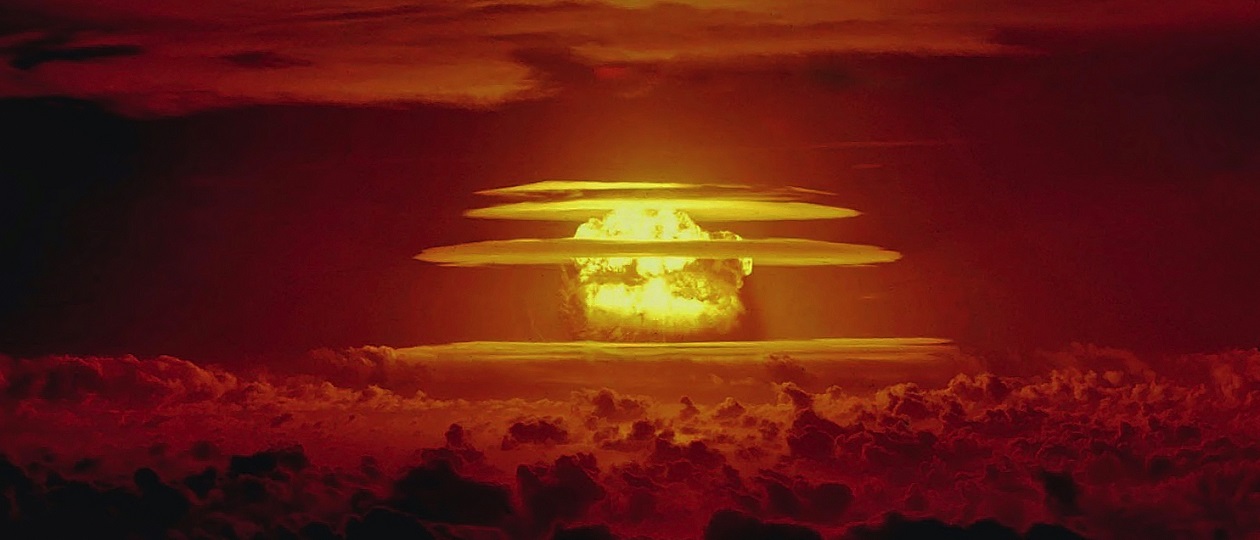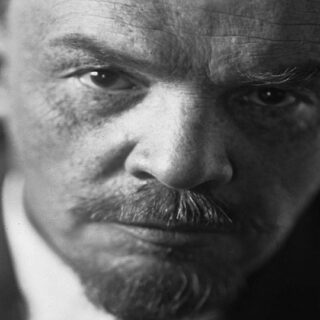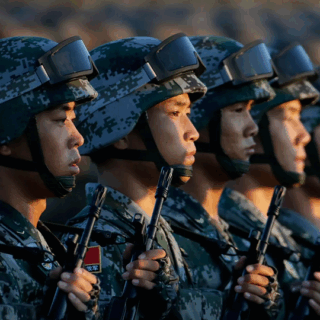
We have long been witnesses to fundamental shifts in the system of international relations and the formation of new systems of international relations.
All previous systems were formed as a result of major international conflicts. For now we are following the same scenario. The West is actively preparing for a global war, increasing the arms race, and rapidly developing rearmament programs. For a long time now, there have been suggestions in the West that the world is sliding towards World War III.
Now, probably, we can no longer make an assumption, but a statement: yes, the Third World War is underway. It is still in the phase of local conflicts, but in which the main players participate to one degree or another.
The First World War only officially began in 1914, and the Second World War in 1939. In fact, the world entered an unstable state much earlier, hence a series of very different crises, in different parts of the globe, remember the Moroccan crises, the Agadir crisis, Fashoda, the Balkan and Eastern issues, the formation of bloc systems on the eve of the First World War — the list can be endless.
All these crises indicated serious geopolitical contradictions, which eventually resulted in global wars.
The modern conflict also did not begin today, and not even with local armed conflicts in Iran, Iraq, Afghanistan, Libya, Syria, the Balkans, etc. The West did not begin to lose its dominance today or yesterday, and history knows many examples of the glory and decline of great empires and the movement of centers of power, when the former centers became the periphery, and for a variety of reasons.
The West understands this very well, but it sees the way out not in its own modernization (this is difficult and expensive), but, as before, along the paths of external expansion, suppression of competitors and at the expense of competitors. All efforts are thrown not at one’s own development, but at weakening others. Literally immediately after the end of the Napoleonic Wars in Great Britain, the theme of the “Russian threat” began to actively develop and proposals for the dismemberment of Russia appeared; just remember the plans of R. Wilson, D. Urquhart, J. McNeil, Laci Evans (similarly see: Tanshina N.P. Russophobia: History of the invention of fear. M., 2023).
But if the English and French authors of the 19th century fanned the “fears of fantasy,” intimidating the average person with the imaginary “Russian threat” and Russia’s desire to conquer the whole world, then among today’s Western military officers and politicians these are no longer “fears of fantasy.” Not in the sense that the threat from Russia is real. They understand that their own dominance is no longer indisputable due to the internal crisis of the West and the formation of new powerful centers of power. But they see a way out of this crisis exclusively through the paths of aggression and war.
And if, for example, after the end of the Napoleonic Wars and especially on the eve of the First World War, the pacifist movement begins to actively develop and, at least officially, everyone spoke about the inadmissibility of war, and even on the eve of the Second World War they covered themselves with the need to pursue a policy of “appeasement of the aggressor” (and in fact, they only sought to avert the threat from themselves and direct German aggression against the USSR), now the Western military is openly calling for the militarization of the economy, society, and politics. They are openly preparing for World War III. Although it is already on its way. And the West started it.





